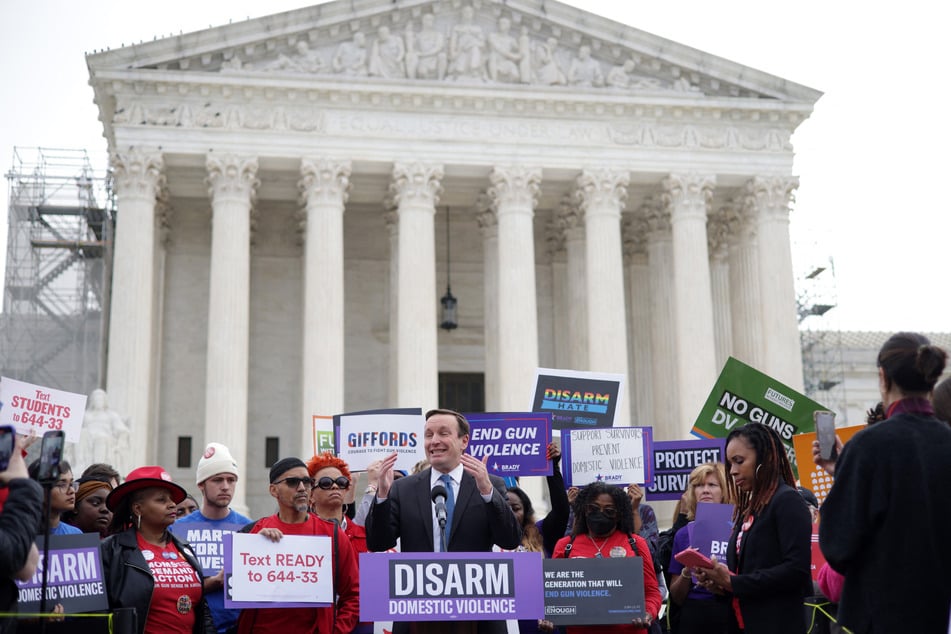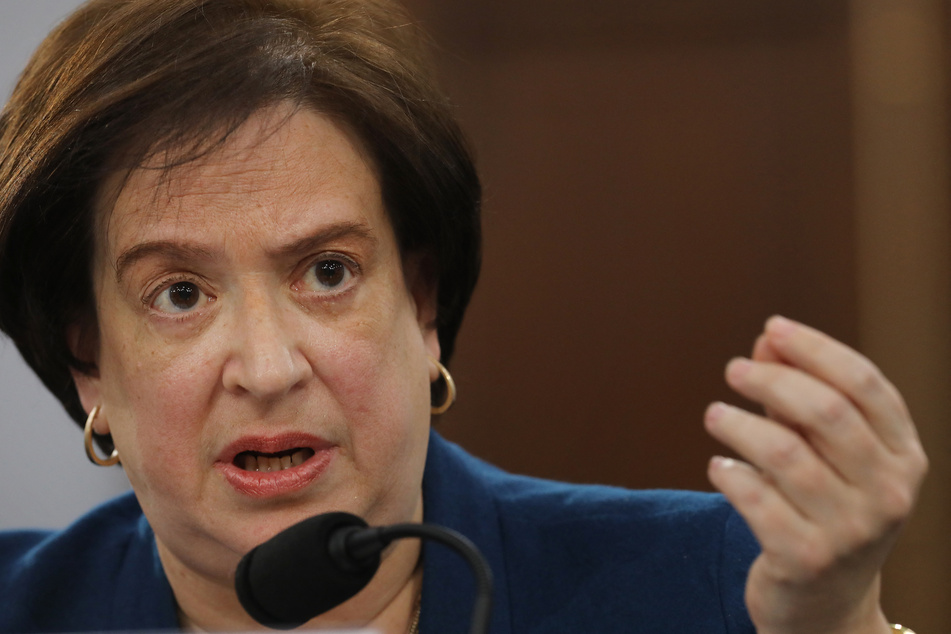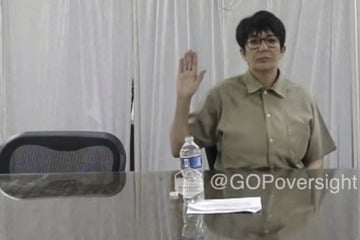Supreme Court debates whether abusers have right to own guns
Washington DC - Activists swarmed the nation's capital on Tuesday as the Supreme Court appeared inclined to uphold a federal law prohibiting a person subject to a domestic violence restraining order from possessing a firearm.

The case is the first involving gun rights to come before the nation's highest court since a ruling it issued last year loosening gun restrictions.
In that decision, the conservative-dominated court said it would henceforth authorize only "reasonable" exceptions to the Second Amendment right to bear arms and rely on historical precedents when it comes to regulating firearms.
The ruling has had lower courts struggling to determine whether gun restrictions before them are consistent with precedents in "the history and traditions of the United States" from the late 18th to the 19th century.
On the basis of that decision, a conservative appeals court ruled in March that a federal law banning gun ownership by people with domestic violence restraining orders was unconstitutional, for lack of historical precedent.
Solicitor General Elizabeth Prelogar, making the case for the Biden administration, appeared to find a receptive audience on Tuesday from both conservative and liberal justices to her arguments for upholding the federal law.
"A woman who lives in a house with a domestic abuser is five times more likely to be murdered if he has access to a gun," Prelogar said. "Congress may disarm those who are not law-abiding, responsible citizens," she said. "Throughout our nation's history, legislatures have disarmed those who have committed serious criminal conduct or whose access to guns poses a danger."
She cited minors, individuals with mental illness, felons, and drug addicts as among those who are prohibited from possessing firearms.
What is the domestic violence gun control case involved in this decision?

In the case before the court, police recovered a handgun and a rifle during a search of the Texas home of Zackey Rahimi, who had been implicated in five shootings in two months and was subject to a domestic violence restraining order on behalf of a former girlfriend which prohibited him from owning weapons.
Rahimi's attorney, Texas public defender Matthew Wright, argued that there was no historical precedent for depriving his client of firearms.
"The historical record has not been built in this case," Wright said. "We do not contend that his behavior is protected by the Second Amendment, the behavior that's protected is the keeping of arms."
Replying to Wright, Justice Elena Kagan, a liberal, said the lack of a historical record was understandable because "200-some years ago the problem of domestic violence was conceived very differently."
"People had a different understanding of the harm," Kagan said. "People had a different understanding of the right of government to try to prevent the harm."
"It's so obvious that people who have guns pose a great danger to others and you don't give guns to people who have the kind of history of domestic violence that your client has or to the mentally ill," Kagan added.
Chief Justice John Roberts, a conservative, forced Wright to concede at one point that Rahimi, his client, is a "dangerous person."
"I would want to know what 'dangerous person' means?" Wright asked.
"Well, it means someone who's shooting, you know, at people," Roberts said. "That's a good start."
Some 100 gun control activists carrying signs reading slogans like "Disarm Domestic Abusers" and "End Gun Violence" staged a demonstration outside the Supreme Court as the justices heard about 90 minutes of oral arguments in the case.
The court is expected to issue its ruling next year.
Cover photo: Alex Wong/Getty Images/AFP ALEX WONG / GETTY IMAGES NORTH AMERICA / Getty Images via AFP

